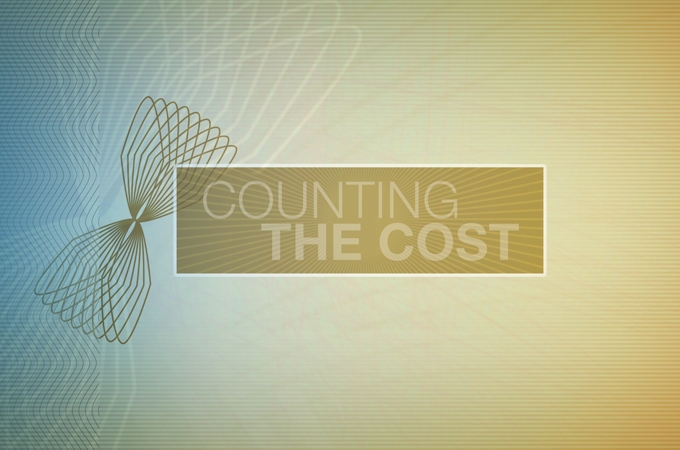
Who stole the American dream?
While billions of dollars are spent on US presidential election campaigns, tens of millions still live in poverty.
While billions of dollars are spent on presidential election campaigns in the US, tens of millions still live in poverty – and it is not just the poor falling through the cracks.
There was a perfect illustration of the metaphorical gap between the rich and the poor this past week in Tampa, Florida, where US presidential hopeful Mitt Romney, and those who support him, gathered for the Republican National Convention.
They are the 1 per cent, saying that they will improve the lives and livelihoods of the 99 per cent. But they themselves spend billions trying to get elected, or in Barack Obama’s case, re-elected – once again highlighting how wide the gap between the 1 per cent and the 99 per cent continues to be.
A report from Indiana University found out that increasing numbers of Americans are still below the poverty threshold.
In 2006, it was 36.5 million people, by 2010, it was 46.2 million and a further increase is predicted for 2011, given the way the economic crisis has dragged on.
Now aiming to expose the issues behind the rising poverty in the US is a documentary called Heist: Who Stole the American Dream?
Al Jazeera’s Hazem Sika caught up with Frances Causey, the co-producer and writer of Heist, who joined him via skype from Arizona.
The world’s oldest bank
In Italy, the world’s oldest bank is in serious trouble.
Now the fact that it is the oldest suggests it has got some longevity, some survivial instincts, but it is in Italy, which has long teetered on the economic brink where Spain, Greece and Portugal also found themselves.
Al Jazeera’s Claudio Lavanga visited the bank’s home in Siena and found that there is plenty more people suffering as a result of the bank’s woes.
The space game
Neil Armstrong’s legacy lives on as the global space economy blasts off – with more than a little help from the private sector.
Things have changed since Armstrong became famous as the first man on the moon – there are fewer resources, government budget-cuts too and they are turning space into a private sector haven.
Inevitably it is the world’s richest who are getting involved, investing their own money in space exploration. From Virgin Galactic’s space tourism to Planetery Resources’ asteroid mining, the race to outer space now has a commercial dimension.
Armstrong once openly criticised President Barack Obama for his cost cutting plans, but even NASA now is coming round to the idea of partnering with the private sector to help fund exploration and build cheaper shuttle alternatives.
But where is all the money coming from and where is it going?
We speak to David Williams, the CEO of the UK satellite company Avanti Communications, about satellites and what role the private sector now plays in the space game.
Watch each week at the following times GMT: Friday: 2230; Saturday: 0930; Sunday: 0330; Monday: 1630. Click here for more Counting the Cost. Follow Kamahl Santamaria @KamahlAJE and business editor Abid Ali @abidoliverali |
